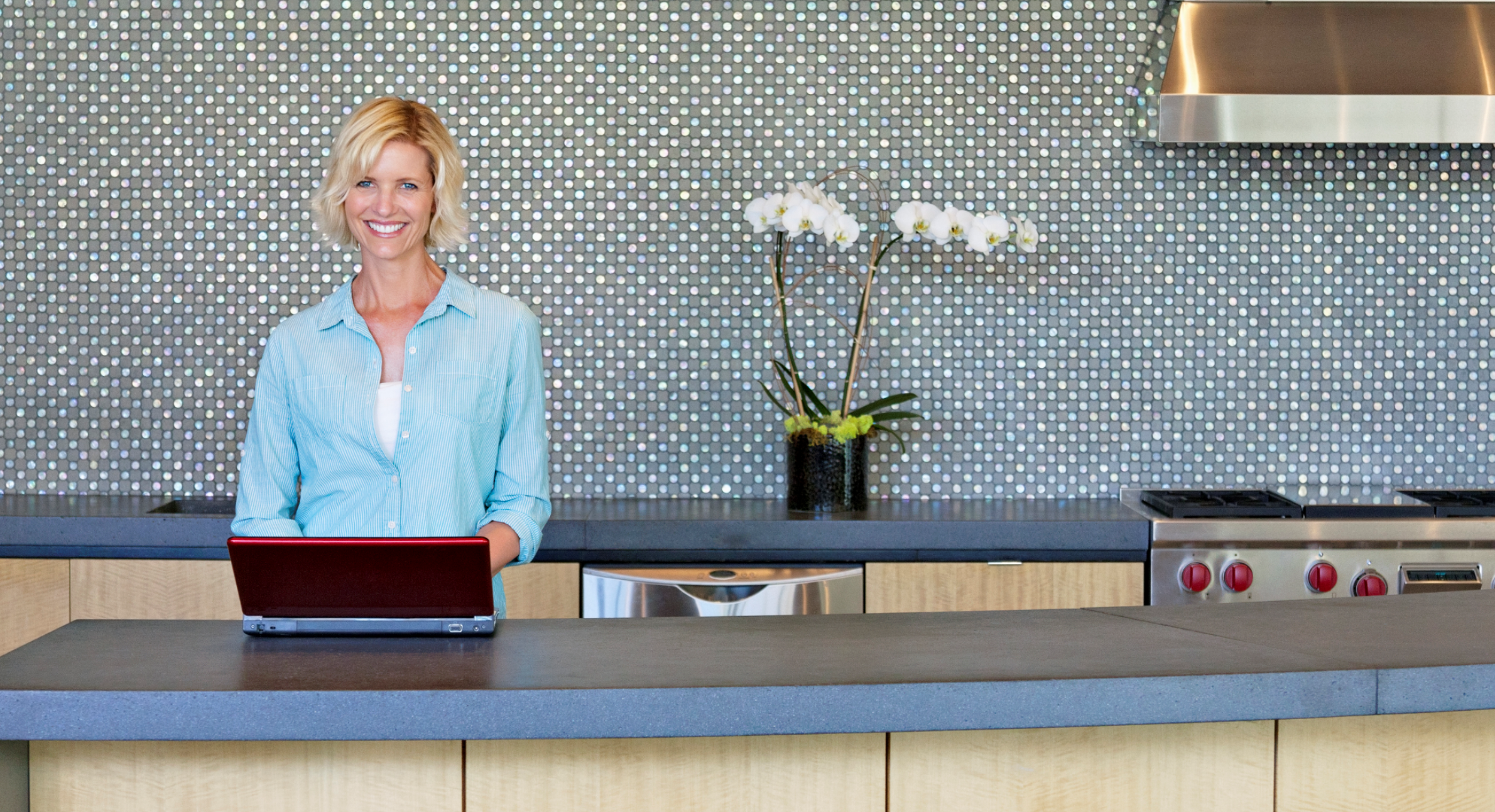
I just love a good meeting.
There’s no more exhilarating, energising, and exciting way to start the day or week
Am I right?
Okay, I can sense your eyes rolling.
Love them or hate them, meetings are a big part of office life, and you’ve probably attended your fair share of bad ones.
The millennial era has seen all manner of quirky and progressive ideas to revamp the workplace, and the traditional boardroom meeting has been subject to much derision.
Yet we cannot work in isolation.
Sometimes nothing beats a fresh perspective, having people to bounce ideas off, and a bit of constructive criticism.
Even so, it’s a slippery slope to endless hours sat round a glass table staring blankly at yet another PowerPoint presentation about who knows what, wondering whether anyone would notice if you went to the loo and didn’t come back.
Accepting that meetings will continue to be a part of working life for at least the foreseeable future, here are some ideas on how to make sure you’re conducting effective business meetings every time...
Starting with my personal favourite:
1) Don't have one
I’m not being (completely) sarcastic here, the first way to make your meetings more productive is to only have them when they’re really needed. If you’re the one calling the meeting, ask yourself: do you really need the input of others? Value people’s time, don’t waste it. Which links to my second and third points…
2) Keep the guest list short
Who really needs to be there?
What actually needs to be discussed, and by whom?
A meeting room jam-packed with every person in the department, many of whom will not be directly involved in the project or task concerned, is neither necessary nor productive.
A good rule of thumb to follow is:
If they don’t speak, they’re not needed.
Nothing is worse than a meeting that feels like a lecture.
Of course, it’s important for people to know what’s going on across the company, what others are working on, and what’s coming up, but that’s what emails, newsletters, and bulletins are for.
Paid-for time even more so. Don’t distract people from their jobs unnecessarily.
3) … and the schedule.
Meetings are only helpful if everyone is awake, engaged, and processing the information being provided.
It’s been shown time and time again that concentration and focus drop off a cliff after fifteen minutes.
Try to keep meetings short and to the point.
If the topic or task means a longer meeting is essential then break it down into sections of max twenty minutes, with five-minute breaks in between to grab a drink, check phones, chat, generally let minds wander.
Then get back to it with renewed focus.
This brings me to the next point, an oldie but a goodie.
4) Have an agenda
... and stick to it.
It’s there for a reason, people.
Try mixing things up and maintain focus by running it in a strange order, or having each person leading the discussion on a different point.
5) Likewise, minutes
Even if you follow all the tips in this post, people have off days – sometimes the mind wanders, personal issues pre-occupy, and distractions win.
If the meeting was worth having, then it’s worth recording.
Minutes are important for follow up and accountability, too.
This doesn’t have to be a boring print out/email that no one reads…
6) Use technology
Instead of circulating printed (think of the trees!) or emailed (I don’t know about your inbox, but…) minutes, why not audio or video record the meeting and upload it to a shared staff space?
This also helps keep the guest list down – those indirectly involved can be sent a link to update themselves at a convenient time.
There are lots of innovative solutions out there to help you get more from your meetings, here are a few ideas.
Use video conferencing to make remote staff feel more part of the conversation. Zoom is popular due to its 40-minute free plan.
Share virtual to-do lists of meeting actions using an online tool such as Basecamp
Capture and evolve ideas in real-time using GoWall
Collaborate as a team on a shared whiteboard
7) Don't use technology
This might seem to contradict the above point but stick with me here.
Technology is so often a distraction.
With smart devices near-permanently affixed to our hands, the mindless scrolling and incessant pings of notifications will pull concentration away from the task at hand, meaning meetings get longer and attention spans shorter.
For a meeting to be successful and efficient, all attendees need to be present - not just physically present, but mentally.
Switch off or silence any devices not needed for the meeting, and leave them at the door so that temptation is removed and you can give your colleagues your undivided attention.
As much as it’s important to take advantage of technology where it improves the outputs of the meeting or makes follow-up more efficient, it’s equally important to recognise where it’s not needed.
Don’t use it as a prop.
If you’re making clear, concise points and communicating them well, do you need a PowerPoint with a few bullet points set against a jazzy background or corporate logo?
Often it’s not worth the inevitable broken clicker, stuck loading screen, and dodgy projector.
Think about it, what is the purpose of a meeting, really?
It’s about bringing people together to share ideas and expertise; to get feedback and fresh perspectives; to challenge and evaluate.
None of these requires technology.
It’s about people, not props.
7) Refresh, but don’t distract
I know I’m much more interested in the prospect of an 8am meeting if I’m promised coffee and croissants, but the truth is that if I’m worried about who’s going to pinch the last pain au chocolat I’m not thinking about the agenda.
If it’s an important meeting with clear tasks to achieve then elaborate buffet tables and complicated drinks orders just drag things out and give people something else to focus on.
Bottles of water on the table are all you need – sorry guys. On the other hand…
8) Set the tone
Not all meetings are the same.
A high-stakes evaluation of a time-sensitive or critical issue is not the same beast as an ideas-sharing for a new product or service.
Sometimes beers and snacks are appropriate and get people in the right frame of mind, sometimes – as mentioned above – they’re a distraction and draw attention away from an important issue.
Think about what ‘mode’ you want people to be in for this discussion, and then set the tone.
Want people at their creative best? Order a couple of pizzas, they need to feel relaxed and not under pressure.
Is the board room where they get their creative juices flowing?
Probably not.
Where do you have your best ideas?
This leads me to…
9) Location, location, location
Setting the right tone requires the right space. I don’t know about you, but pizzas in board rooms just don’t sit well with me.
Much as I wouldn’t know how to take a performance review delivered in the pub after work, I’m not likely to have flashes of inspiration sat around a desk with a big clock ticking above my head.
Whether it’s pizza, beer, casual dress, or whatever other distraction is used to try and kid me I’m not at work under pressure, for me nothing beats a walk in the park to work through problems, consider other perspectives, and flesh out ideas.
Maybe it’s the fresh air?
Get outside, try different things – don’t be limited by convention, see what environments work for you and your people.
Hopefully, some of the above tips will go some way to convincing you that meetings aren’t necessarily something to dread.
They can be productive, engaging, helpful, even enjoyable!
Sharing expertise and ideas with intelligent, skilled, and motivated people is one of the great pleasures of a healthy work-life, and being an active contributor to such an environment is an important professional skill to have under your belt.
As the saying goes, a problem shared is a problem halved – if you get meetings right, you can derive huge value from the contribution and support of your colleagues in achieving your goals, performing well, advancing in your career and generally thriving at work.
What are your tips for conducting effective business meetings?
Please share them with others by adding them in the comments field.



